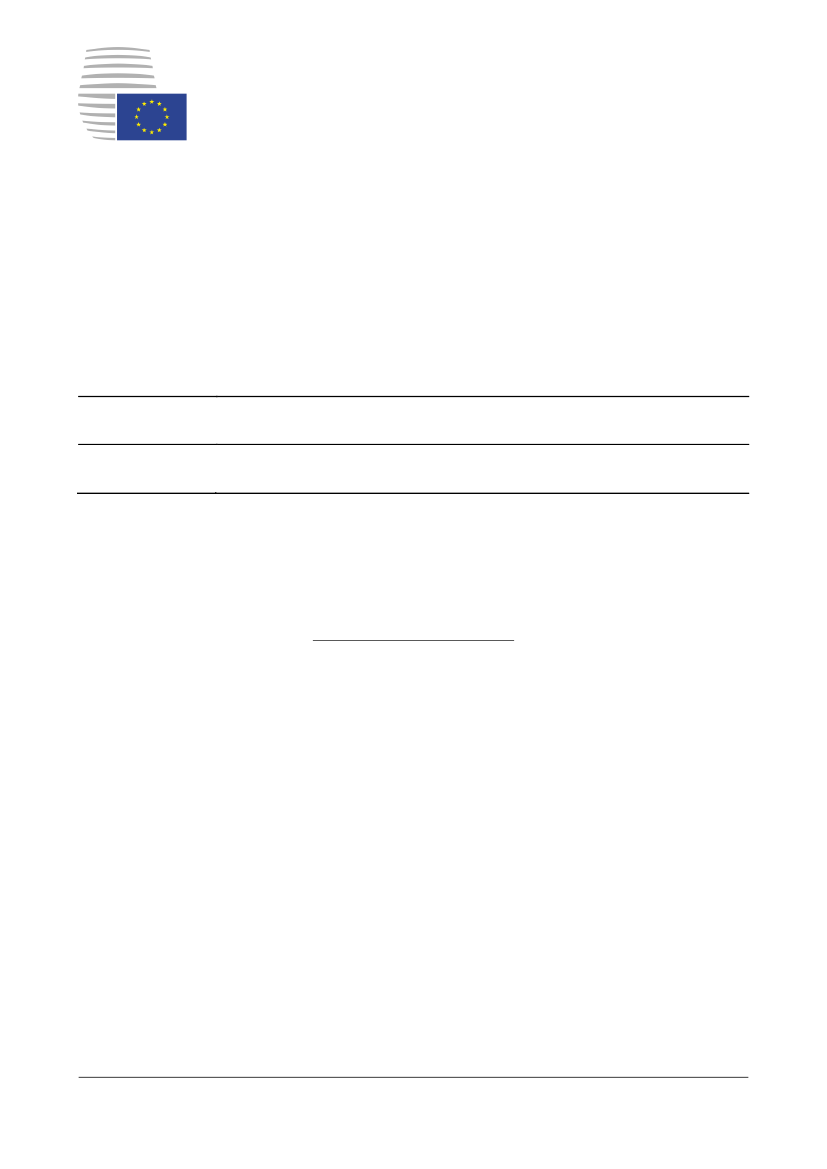
European Council
Brussels, 20 June 2019
(OR. en)
EUCO 9/19
CO EUR 12
CONCL 5
NOTE
From:
To:
Subject:
General Secretariat of the Council
Delegations
European Council meeting (20 June 2019)
–
Conclusions
Delegations will find attached the conclusions adopted by the European Council at the above
meeting.
EUCO 9/19
EN